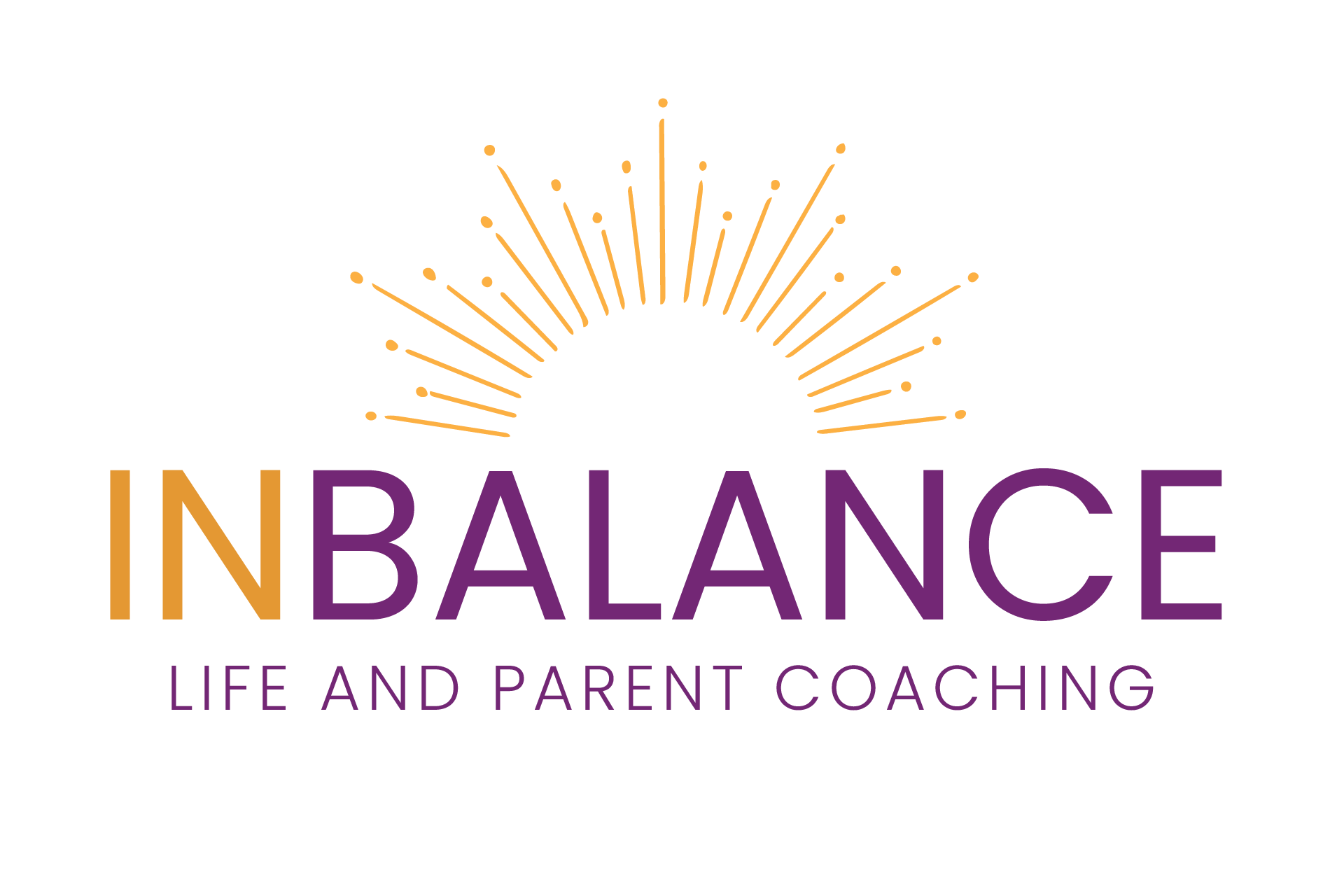Parent Coaching
Does this sound Familiar?
You’re doing everything you can to be a thoughtful, loving parent - and still feel overwhelmed, unsure, or stuck.
You may notice:
- You’re constantly thinking about your child: how they’re feeling, what they need, what you might be missing
- You swing between being very patient and feeling unexpectedly reactive or resentful
- You understand modern parenting approaches, but applying them in daily life feels exhausting
- Your child is anxious, intense, withdrawn, reactive, or struggling and you feel responsible
- You sense that something deeper needs attention, but you’re not sure where to begin
- You feel alone in the work of parenting, even when support technically exists
You don’t feel like a “bad parent.”
You feel like a tired one; carrying too much, for too long.

A different way to
supporT Parents
The abundance of parenting theories in our culture can feel confusing and overwhelming.
Rather than asking parents to follow one more method or get it “right,” my work focuses on understanding the whole picture.
My approach is integrative. We don’t look at parenting challenges in isolation — we look at the parent, the child, and the relationship between them, because real change happens in how a family lives and relates - not just in behavior.
Drawing from my background as an educator, parent educator, and parent of two teenagers, I support parents in meeting children where they are developmentally while still holding clear, age-appropriate boundaries.
By gently identifying and shifting unhealthy patterns, parents are able to create calmer, more emotionally healthy home environments. When parents feel more grounded, they’re better able to respond with steadiness rather than reactivity.
Sometimes this work includes the whole family. Other times, it focuses on a parent’s individual inner growth — because family wellness begins with supported adults.
I offer integrative parent and family coaching designed to meet families where they are - emotionally, relationally, and practically.
How we begin:
We start with a free discovery call to talk through what’s been feeling challenging and explore whether working together feels supportive. There’s no pressure — this is simply a chance to be heard and ask questions.
If we move forward, we schedule with a comprehensive intake session to understand your family more fully and determine next steps.
How we work together:
Coaching is offered 1:1, either online, in person, or in your home when appropriate. Some families choose to include an optional home visit; others do not. This is never required and always discussed thoughtfully.
Sessions may involve parents only, the whole family, or a combination, depending on what’s most supportive.
Investment & next steps:
I offer structured coaching packages of varying lengths, with sliding scale availability for select programs. Specific recommendations and investment details are shared after the discovery call.
If you’re feeling ready to explore support, the next step is to schedule a free discovery call.
Create a Plan
Possible areas to cover while creating a plan for your family include:
● Prenatal parenting planning-get congruent with your partner or co-parent about your shared parenting values and approaches
● Creation of a family rhythm that fosters a sense of security for children
● Support in your family reaching the developmentally correct amount of sleep
● Help to delineate the difference between attachment and enmeshment
● Identify your families core values so they become a guiding force in navigating challenging behaviors
● Building self reliance in your child
● Foster the team player mindset by adding chores for all age groups in your family
● Support balanced nutrition and exercise by doing it together as a family
● Create a secure attachment so children can explore, take risks and make mistakes without a fear of rejection
● Identify and break unhealthy generational patterns
● Create age appropriate boundaries while keeping a loving connection with your child
● Misbehavior is often an expression of disorientation. Learn tools to help your child reorient themselves
● Incorporating activities in the early childhood years that develop healthy neuro pathways
● Simplifying your child’s toy and play spaces to encourage imagination and healthy play with others
● Exercises that bring body awareness to integrate children’s senses
● Integrating healthy risk taking and creative outlets in your tween or teen as the alternative to substances and risky behaviors
● Staying bonded to your child when they start spending more time away from you
● Support in speaking your child’s love language
● Support you in letting go of your expectations of your child so they grow into confident adults

